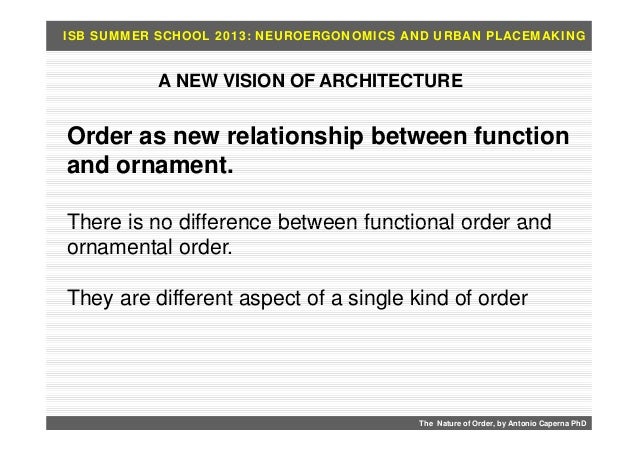A New Theory Of Urban Design Christopher Alexander Pdf

X Exclude words from your search Put - in front of a word you want to leave out. For example, jaguar speed -car Search for an exact match Put a word or phrase inside quotes.
For example, 'tallest building'. Search for wildcards or unknown words Put a * in your word or phrase where you want to leave a placeholder. For example, 'largest * in the world'. Search within a range of numbers Put. Between two numbers.
Download A New Theory of Urban Design (Center for Environmental Structure) PDF Full Ebook Free. In this groundbreaking volume, architect and planner Christopher Alexander presents a new theory of urban design which attempts to recapture the process by which cities develop organically. To discover the kinds of laws needed to create a growing whole in. A New theory of urban design Item Preview remove-circle. By Alexander, Christopher. Publication date 1987. Topics City planning, City planning. Borrow this book to access EPUB and PDF files. IN COLLECTIONS. Books to Borrow. Books for People with Print Disabilities.
For example, camera $50.$100. Combine searches Put 'OR' between each search query. For example, marathon OR race.
• • • • • Lecture Summary Four examples of recent theoretical attempts focused on the form of cities are examined in this class. Unlike many of those discussed previously, these have a strong interest in the experience of physical place and have a more complex view of the contemporary city.
They see the city as a democratic institution, and require a systematic quality and a high degree of explicitness so that citizens can participate in constructing the city's form. Kevin Lynch's work follows a trajectory from his interest in the perception and cognition of city form and image (image, remember, is identity, structure and meaning) to setting out the elements of a theory in his later work.
 In this work he aims to connect prescriptive, normative ideas to explanatory, descriptive propositions through a series of five performance dimensions: vitality, sense, fit, access and control; and two meta-criteria, efficiency and justice. He postulates these dimensions as ranges rather than standards which can be specified more precisely over time through experiment as in the development of modern science. This requires optimism about human beings' capacity to learn: 'the city is not the manifestation of some iron law but rather part of changing human culture and aspiration.' A glimpse of these performance dimensions in practice are detailed in 'A Place Utopia' within the collection of his last writings. In Christopher Alexander's work there is also a trajectory of ideas about city form passing through optimization, sustaining human contact, complex structures ('not a tree'), and patterns and rules of urban growth.
In this work he aims to connect prescriptive, normative ideas to explanatory, descriptive propositions through a series of five performance dimensions: vitality, sense, fit, access and control; and two meta-criteria, efficiency and justice. He postulates these dimensions as ranges rather than standards which can be specified more precisely over time through experiment as in the development of modern science. This requires optimism about human beings' capacity to learn: 'the city is not the manifestation of some iron law but rather part of changing human culture and aspiration.' A glimpse of these performance dimensions in practice are detailed in 'A Place Utopia' within the collection of his last writings. In Christopher Alexander's work there is also a trajectory of ideas about city form passing through optimization, sustaining human contact, complex structures ('not a tree'), and patterns and rules of urban growth.

Alexander's normative view requires a city to be formed by the application of small-scale, commonly understood fields of spatial and social relations. Such patterns have lost their meaning in modern cities, he claims, only to be revived by an explicitly shared new language similar to the widely communicated language of science. Alexander provides the beginning documents for such a language to be built systematically by subsequent practice, experiment and learning.